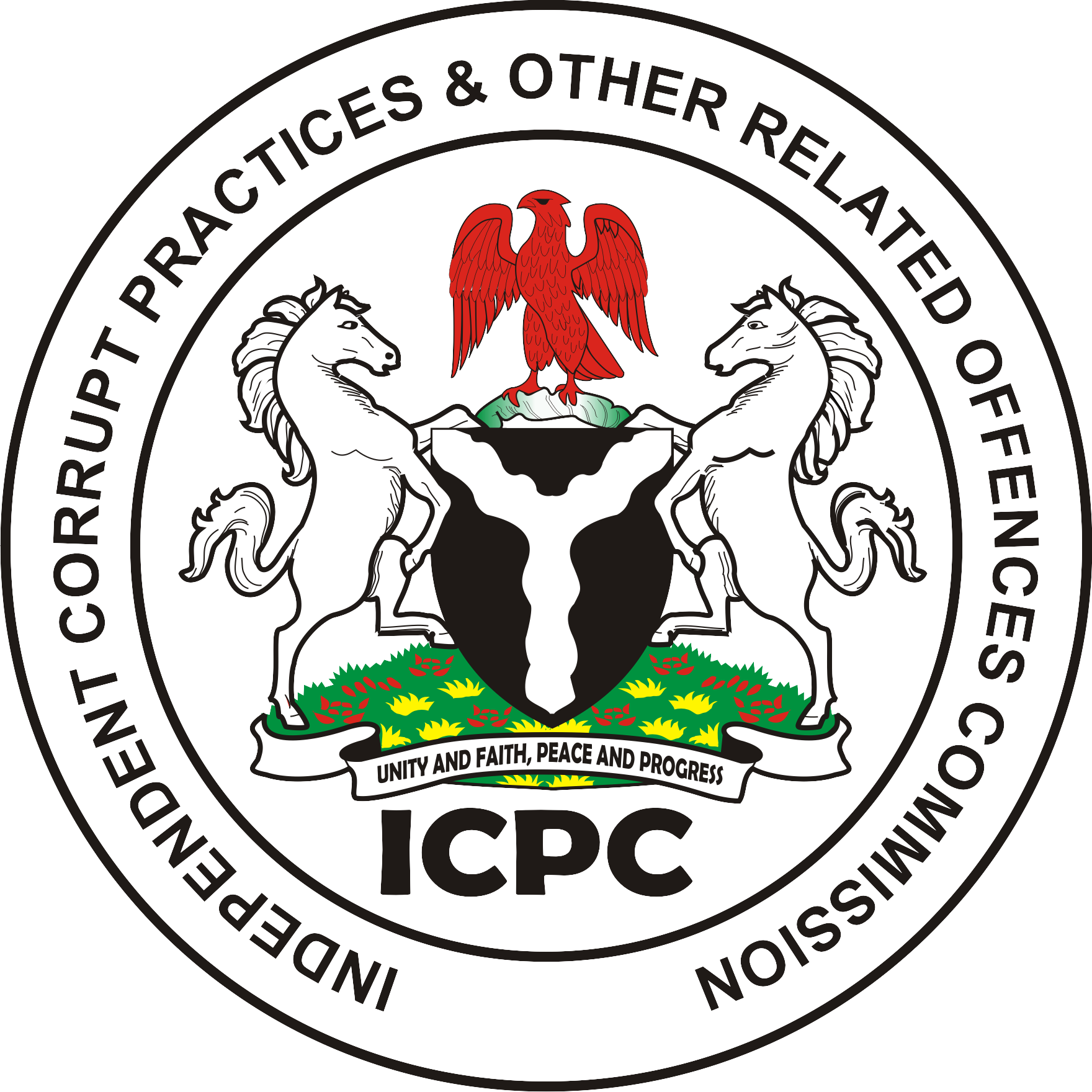#TrackNigeria Since independence on Oct. 1, 1960, Nigeria’s Foreign Policy has been based on a focus on Africa as a regional power and specifically, African unity.
Leaders of the country then realised that to be able to achieve unity in the continent, there was need to ensure not only hegemonic influence in the region but also peaceful settlement of disputes as well as non-alignment and non-intentional interference in the internal affairs of other countries.
Nigeria’s dexterity made it to also realise the importance of regional economic cooperation and development.

Achieving the aforementioned objectives was not always going to be without challenges.
In spite of the challenges, Nigeria’s efforts at encouraging integration, sovereignty, security, unity and peaceful coexistence among Africans especially in the wake of colonialism, has attracted glowing tributes from heads of government, envoys of diplomatic missions, and Nigerians in Diaspora.
These international figures lauded Nigeria’s leading role in finding solutions to conflicts that confronted other African countries even though in most cases these have remained unsung.
Former Liberian President Mrs Ellen Johnson-Sirleaf said that all Africans “stand in solidarity support for Nigeria for its leading roles in Africa”.
Sirleaf, who briefed journalists as Head of the Economic Community of West African States Observation Mission to Nigeria, commended Nigeria for being a pacesetter for other African countries.
“We applaud Nigeria for the pivotal role it played in maintaining peace and restoration of democracy in our sub-region.
“Several ECOWAS member states, including Liberia, Sierra Leone, and The Gambia are today considered post-conflict success stories because of Nigeria’s positive peacekeeping role,” she said.
Also, envoys of South Africa, Ghana, Cote d’ Iviore, the Republic of Benin, and Rwanda diplomatic missions in Nigeria took turns to express confidence in Nigeria’s leadership role in the continent.
This was so much so that they pledged to strengthen ties with Nigeria.
Mr Bobby Moroe, Acting High Commissioner of South Africa to Nigeria, had at the 19th Nelson Mandela International Day in Abuja, said that although the bond between both countries was being strained by xenophobic attacks on Nigerians living in South Africa, concerted efforts were being made to strengthen bilateral relations between the two countries.
Moroe said: “It is important that we have to share the story, the narrative of the history between the two countries for posterity.
“It will help our youths in terms of cultural tolerance and understanding for the future of Nigeria and South Africa.
“It is important that we preach this narrative of the long-standing cordial relations and history between Nigeria and South Africa, which is not shaken and not about to be shaken.”
Similarly, Ghana’s High Commissioner to Nigeria, Alhaji Rashid Bawa, who spoke at the 62nd Independence Anniversary ceremony of Ghana held in Abuja, described the relationship between his country and Nigeria as a “phenomenal development’’.
According to him, although Ghana attained independence on March 6, 1957 before Nigeria, there has been a significant growth between Ghana-Nigeria bilateral relations in the past three years, with both countries focused on their determination to increase trade, investment, and political exchanges to enhance peace and prosperity.
“Intermittently, wrong impression derived from misinformation threatens inter-personal relations between citizens of our countries, but Ghana wishes to strongly affirm its commitment to ensuring improved relations between our countries and our citizens,” Bawa said.
Similarly, Mrs Toure Maman, Ambassador of Cote d’Ivoire to Nigeria, at the 59th independence anniversary celebration of the country in Abuja, called for deeper economic cooperation with Nigeria toward improving mutual trade.
Maman said: “The economic upturn will not have been possible without cooperation with Nigeria.
“Indeed, Cote d’Ivoire and Nigeria maintain excellent ties of friendship and cooperation, since the (beginning of) diplomatic relations in 1961.
“Our bilateral relation has deepened in recent years by the will of President Alassane Ouattara of Cote d’Ivoire and President Muhammadu Buhari of Nigeria.”
Mrs Paulette Yekpe, the Benin Republic Ambassador to Nigeria, who spoke on the sidelines of activities marking the 58th Independence anniversary of the country in Abuja, said tha Nigeria and Benin had always worked together to beef up border security.
Meanwhile, Rwandan envoy to Nigeria, Amb. Stanislas Kamanzi at the commemoration ceremony of the 25th anniversary of the 1994 genocide against the Tutsi, which began in 1990 in Rwanda, commended praised the existing bilateral relations between his country and Nigeria.
He promised to improve on the ties to achieve meaningful growth for his country.
Given the important leadership role Nigeria has been playing in the continent, it is no wonder that Nigeria’s President Muhammadu Buhari would be paying a state visit to South Africa with a view to meeting with the country’s leaders Cyril Ramaphosa, the country’s business community, as well, as representatives of the Nigerian community. (NANFeatures)



